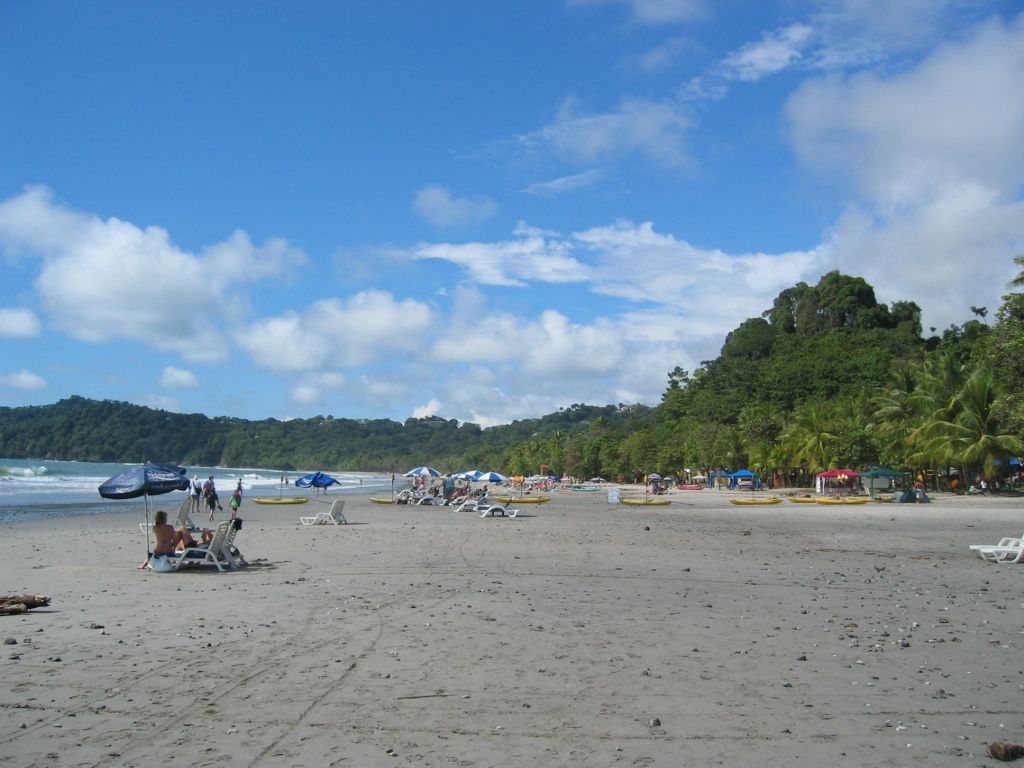Poland Braces for Post-Election Tumult: Tusk Faces Challenges Following Far-Right's Presidential Win
Right-wing nationalist's victory sparks challenge to vote of no confidence by Tusk following election in Poland - Right-wing Nationalist's Confidence Boost On the Horizon following Poland's Presidential Election, courtesy of Tusk's Efforts
Say hello to Poland's new president, Karol Nawrocki. He won the presidential runoff on Sunday, bagging 50.89% of the votes— edging out pro-European rival Rafal Trzaskowski. This victory, a blow to the liberal-conservative government led by Donald Tusk, is expected to pit these two forces against each other.
- Karol Nawrocki
- Donald Tusk
- Vote of Confidence
- Presidential Election
- Poland
- Presidential Election
- Runoff
- Sunday
Nawrocki's presidency poses substantial implications for Tusk's administration— here's a rundown:
Political Power Shuffle
- Strengthened opposition: With Nawrocki at the helm, the opposition, primarily the Law and Justice Party (PiS), will gain considerable power, mounting political pressure on Tusk's administration. This pressure could destabilize Tusk's delicate coalition.
- Veto power: As president, Nawrocki will wield constitutional veto power over legislation passed by parliament, potentially blocking Tusk's planned reforms, including those promoting a liberal democratic path in Poland.
- Polarization deepens: The narrow margin of Nawrocki's victory underscores the deep-seated division in Polish society. This division could make Tusk's quest for unity within his coalition and the passage of legislation even more treacherous.
Reform Roadblocks
- Domestic reforms: Tusk's domestic reform plans— such as boosting democratic institutions and judicial independence — may face a dead-end due to Nawrocki's veto power and the unfavorable political climate.
- Foreign policy: Tusk's attempts to fortify ties with the EU and other European countries could face resistance from a Nawrocki-backed presidency, potentially altering Poland's diplomatic stance.
- Economic and social policies: The shift towards a more nationalist-conservative government, led by Nawrocki, might push for protectionist measures and divergence from EU economic norms.
In the wake of the election outcome, Tusk has called for a vote of confidence on June 11. This move aims to bolster his government and reassure skittish coalition partners, particularly the Polish People’s Party (PSL), who are vital for his government's continuance. However, the political landscape seems hostile, making it a daunting task for Tusk to maintain government stability in the face of a more powerful opposition.
- Donald Tusk faces challenges as Karol Nawrocki's presidential win strengthens opposition, primarily the Law and Justice Party (PiS), creating political pressure on Tusk's administration.
- As president, Karol Nawrocki will have veto power over legislation passed by parliament, potentially blocking Tusk's planned reforms promoting a liberal democratic path in Poland.
- Tusk's quest for unity within his coalition and the passage of legislation may become more difficult due to the deep division in Polish society exposed by Nawrocki's narrow victory margin.
- Tusk's domestic reform plans, such as boosting democratic institutions and judicial independence, may face a dead-end due to Nawrocki's veto power and the unfavorable political climate.
- Tusk's attempts to fortify ties with the EU and other European countries could face resistance from a Nawrocki-backed presidency, potentially altering Poland's diplomatic stance.








